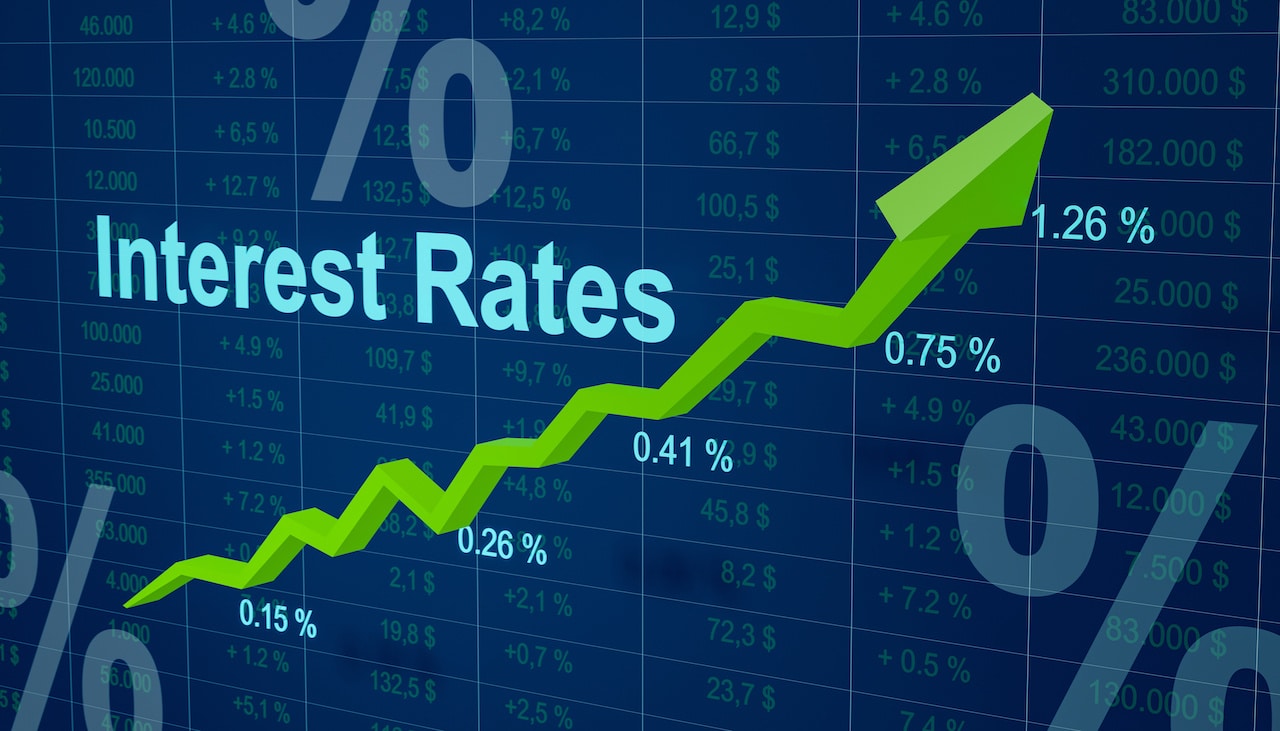Credit Sesame with a few basic suggestions on where to start with credit cards for beginners.
If you are new to credit cards and perhaps building credit, you may benefit from a nudge in the right direction. Even consumers who are well-versed in credit need reminders from time to time. We’re here to help you begin or continue your own credit journey. This is a general outline of where to begin the credit journey with some general credit card tips, and how to make the process of maintaining credit a tad bit easier.
Understand credit products know your spending habits
With the sudden access to instant purchasing power that credit cards offer, it can be easy to rack up more debt than can be paid off in a timely manner. A credit card will only exacerbate spending problems for those who indulge in retail therapy.
Are you an overspender? Be honest with yourself. If you really don’t know your spending patterns, track your spending for a month or so. When and where do you spend it? Does money just sleep through your fingers? Or have you always got cash or funds in your bank account? Get to know your financial self, and learn where your money goes. Having a handle on how much you spend and where is the first critical step in any successful budget.
Once you have figured out your spending patterns, decide why you want a credit card. Credit cards offer the cashless convenience of debit cards but with greater protection from fraud. Used carefully they can be tools for building credit.
Look out for extra credit card fees
Be sure to watch out for extra costs associated with using the card, though. Some utility companies charge a fee for paying your bill with a credit card, and some gas stations charge a higher price to customers who don’t pay with cash.
On the other hand, some credit cards offer perks and benefits like cash back or rewards points. If you maintain the habit of paying off your balance every month, you can come out ahead by doing your everyday spending on the card.
Use your card’s technology features. Sign up for alerts for things like upcoming payment due dates, high balances, and suspicious transactions. Set up an automatic payment for at least the minimum due each month so that you won’t miss a due date and get hit with a late fee and/or penalty rate on the account.
Don’t opt-in to over-the-limit charges. If you need to do more spending than your limit allows, pay your bill multiple times during the month to free up credit.
Read the fine print
The fine print is dull but read it. You are entering into a financial contract when you obtain a credit card, and you need to fully understand the terms. Knowing the rates and fees could help you keep spending in check. Know the consequences of missing a payment.
Familiarize yourself with the card’s benefits and what you have to do to take full advantage of them. For example, many airline co-branded credit cards offer free checked luggage on that airline. But the benefit only applies if you purchase your ticket with that credit card.
The right card matters
There are many cards to choose from for consumers with high credit scores and low credit scores. Cards offered to people with lower credit scores tend to come with higher interest rates. A student or anyone with no credit history might like to apply for a credit card account designed for people with limited credit history.
If you are a person who tends to overspend, here are some secured credit card tips to get you educated on a controlled path toward managing your credit score:
A secured credit card is a credit card backed by a deposit and a credit limit that is smaller than or equal to that deposit. Basically, you need to put down the cash deposit to use on the card.
- Typically, they have the same annual fees, application fees, and monthly charges that non-secured credit cards have.
- The bank that offers you this credit card reports your payments to the three credit bureaus.
- The deposit that you put down will typically be put into a savings account and will be returned if you close the card and have paid off all remaining charges
- You should always check the terms and conditions and if anything is unclear or feels wrong or confusing the card provider must explain satisfactorily
If you’re interested in traditional credit cards, there are great options for earning rewards and points.
Pay your credit cards on time
Payment history is the single most influential factor in your credit score. Credit card companies want to see that you are reliable and consistent with your payments. Even one missed payment will hurt your credit.
Don’t max out your cards and make sure you keep your credit utilization low. This means you should not be using more than 10-30% of your credit. For example, if you have a $1,000 credit limit and spend $300, your credit utilization is 30%. Ideally do not go over this.
Know when the due date is
Keep track of when your credit cards are due and create automatic transfers from your checking account to your bills each month.
We are lucky that we now live in an age where there are apps for everything. You name it, there’s probably an app for it out there somewhere. So why not apply that to your finances?
Credit Sesame helps its users manage their credit and understand the factors influencing their score. Getting your free credit score is the first step.
If you enjoyed Where to start? Credit cards for beginners, you may like
Disclaimer: The article and information provided here is for informational purposes only and is not intended as a substitute for professional advice.




















